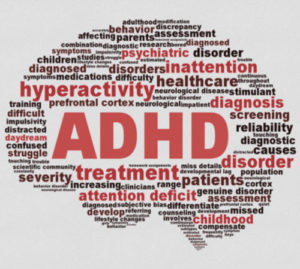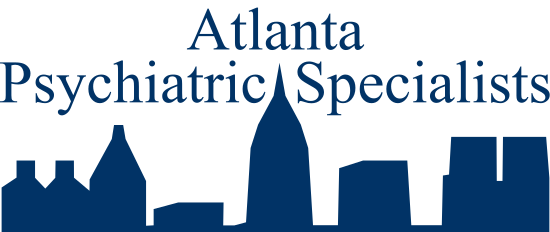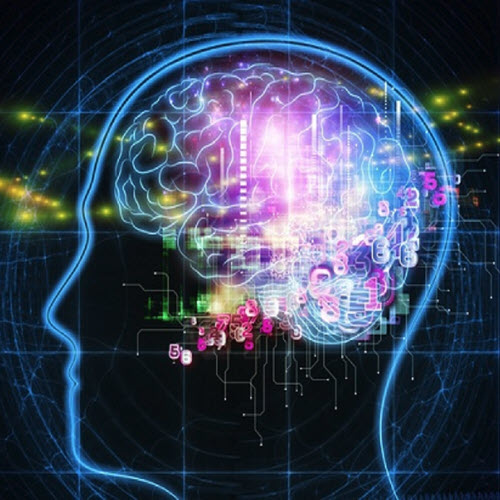 Many adults have been hyperactive, restless, or inattentive when they were children. These problems may still be present, especially difficulty reading and remembering the beginning of a sentence when they get to the end. But what most interferes with successful living is a particular handicap: a lack of skill in making decisions, being able to prioritize, and therefore not completing tasks, not finishing things. This impairment has been described as an executive function problem, or as a triage (“tree-azh”) difficulty.
Many adults have been hyperactive, restless, or inattentive when they were children. These problems may still be present, especially difficulty reading and remembering the beginning of a sentence when they get to the end. But what most interferes with successful living is a particular handicap: a lack of skill in making decisions, being able to prioritize, and therefore not completing tasks, not finishing things. This impairment has been described as an executive function problem, or as a triage (“tree-azh”) difficulty.
This French term, triage, was originally used to describe rapid assessment of battlefield wounds and deciding which soldiers needed immediate surgery, which could wait, and which were not likely to survive no matter what was done. A related strategy for decisions was described by Eisenhower: incoming items are matrixed into one of four boxes: urgent and important (do now), urgent and not important (delegate), important but not urgent (to-do list), and neither important nor urgent (trash).
People with ADHD brain circuits have special problems in these decision activities. Many are above average in cognitive intelligence and have been able to easily get through elementary and high school despite a handicap. Quite a few have special aptitudes and are able to hyperfocus and be very successful in subjects or activities that are highly meaningful to them. On the other hand, they have problems delaying action- they may speak or interrupt before thinking it through. Or follow another car too closely because getting somewhere quickly crowds out the issue of caution. Or not get important things accomplished because something else is suddenly available.
Adults commonly become aware of the decision making problem when:
- They have finished the structured school experience and are in a job where there is time pressure or peer pressure or billable hours pressure to “get things done”.
- They experience an added pressure to perform or have many more tasks, as when they marry, have a child, take a second job, get promoted and have to check on many more things/people.
Common outcomes of the above problems are:
- Anxiety (fear of making more mistakes)
- Sadness (about lost opportunities for success)
- Insomnia (worries about things left undone).
Successful diagnosis and treatment of ADHD will often improve these emotional problems.
In making the right diagnosis of ADHD, it is necessary to consider other causes of decision making (“executive”) dysfunction. These include sleep disorders, especially insufficient sleep or obstructive sleep apnea, as well as other medical problems like thyroid disease, anemia, neurological disorders, etc. Substance use disorders with alcohol or cocaine or opioids may complicate the picture.
A future blog will cover medication issues including prescriptions and formulations and pharmacy and risks, travel, and other Frequently Encountered Problems. Also non-medication options and the role of counseling, therapy, and coaching.
A good book on all the topics in this blog is “Outside The Box” by Thomas E. Brown, Ph.D.


Enjoyed your article on ADHD. Of course, Dr. Grumet would know the French word triage. Most people focus on procrastination and distractibilty with adult attention deficits, so I was glad to read about decision making as a significant issue. It’s often overlooked by professionals. Would like to read more about non med. options as well as the use of stimulants and other meds. With abult ADHD. John J Parrino